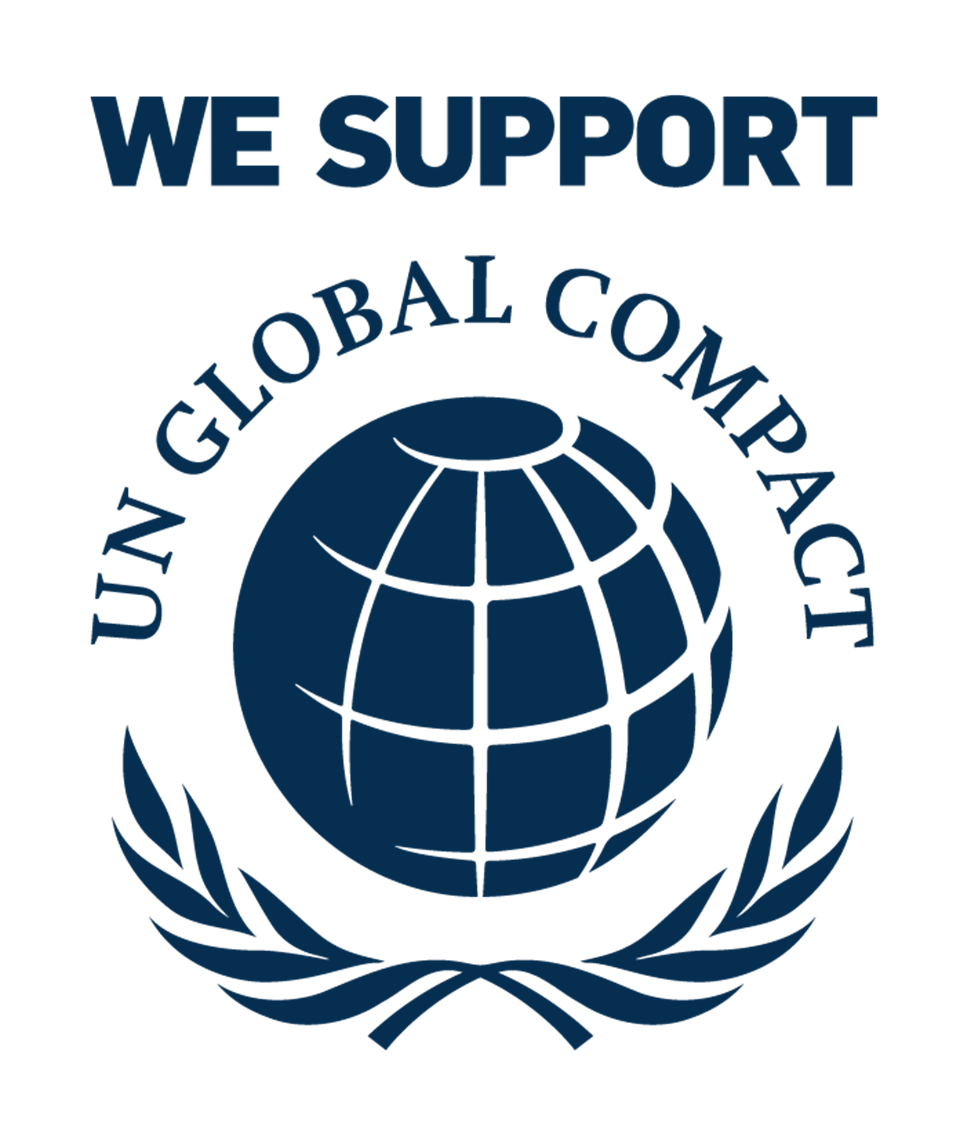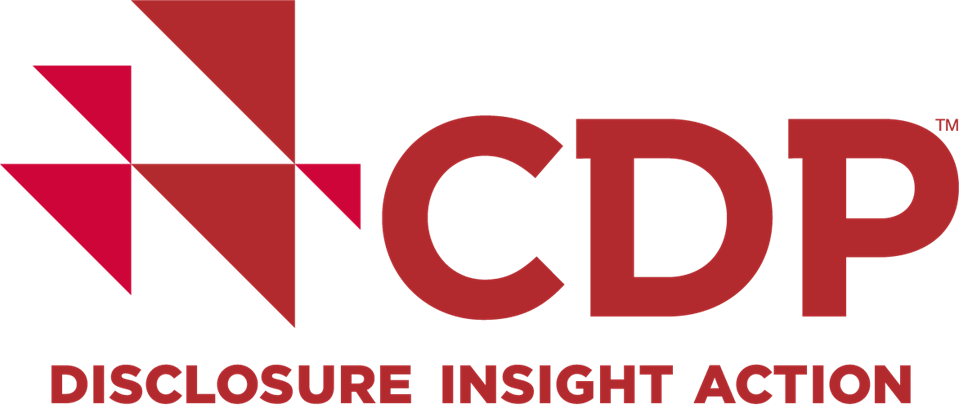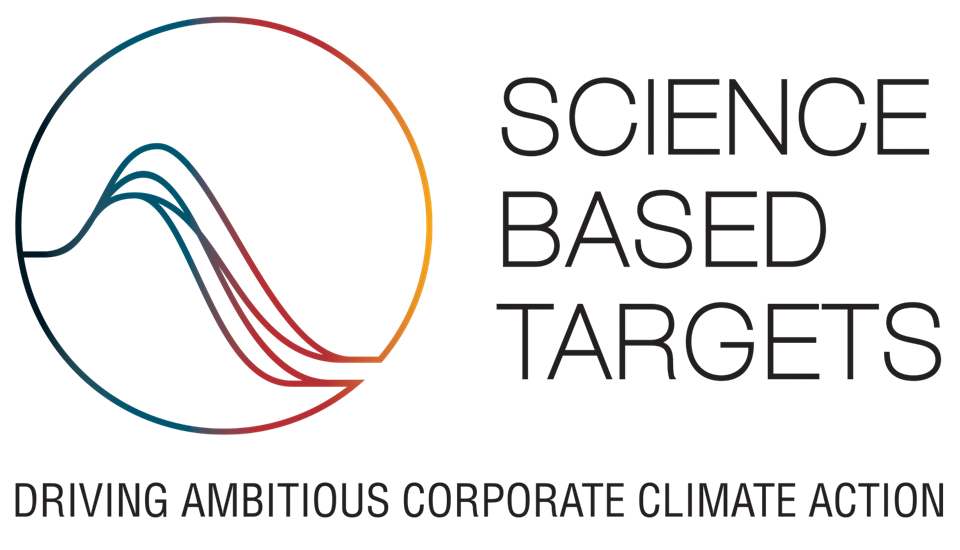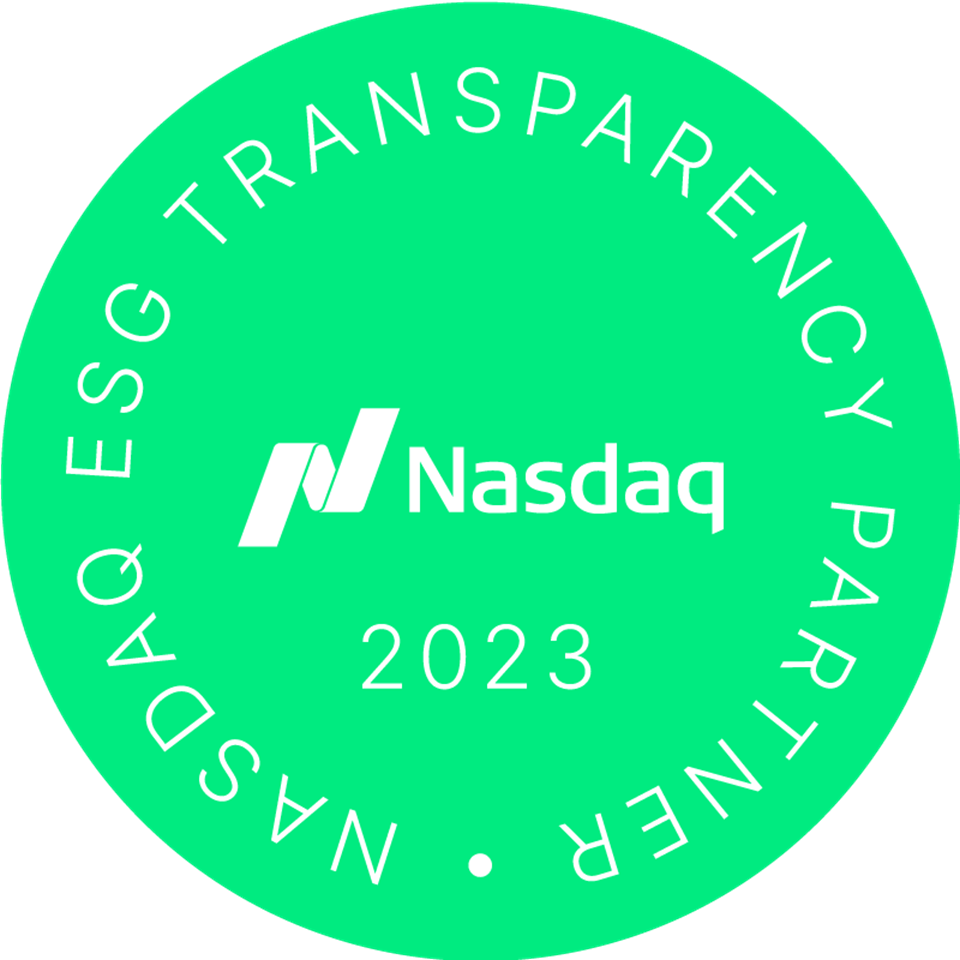Making a mark through technology to the benefit of business and society is what NNIT stands for.
To us, collaboration is essential in almost every aspect of driving business, but especially so when it comes to finding new ways of contributing to a more sustainable world. We cooperate with customers, partners, peers, and suppliers about how we can contribute and create tangible results.
In addition to a general approach to proper and fair business conduct, we support the principles of responsible business in the UN Global Compact and report on our progress annually to the UN. You can find all our sustainability reports here.






